
OR
Tourism industry faces threat as air pollution deters potential guests
Published On: May 7, 2024 11:40 AM NPT By: Santosh Pokharel
-1200x560-wm_20240506164337.jpg)
POKHARA, May 7: Bijay KC, a trekking entrepreneur currently en route to Annapurna Base Camp (ABC), is experiencing firsthand the impact of air pollution on tourism. While leading a group of domestic tourists on a trek to the base camp, he observed a notable decline in visibility and clarity, KC shared while returning to Pokhara.
"Everywhere is shrouded in mist. Even our guests are questioning why they chose to visit the base camp at this time," he said from Chomrong, while making his way back from ABC to Pokhara.While acknowledging that the pollution levels were not as suffocating as in Pokhara, he said, "The Himalayan peaks are covered by haze. A clear view is only possible upon reaching the base camp.”
According to KC, despite reaching the base camp, the mountains are not clearly visible as the lower sections are obscured by haze. This lack of clear view disappoints tourists. According to him, while the domestic guests express dissatisfaction, foreign visitors are equally disappointed.
He said that trekking is not always feasible, so travelers anticipate rewarding views upon arrival. However, they get disappointed as air pollution has now started affecting even the trekking routes.
"Foreign tourists are particularly unhappy. Flights have been disrupted, leading to frustration. Recently, a group of Chinese tourists had to undertake an overnight journey to Pokhara by car due to flight cancellations," KC said. He expressed concerns that such experiences may dissuade tourists from returning to Nepal and even discourage others from visiting the country during this season.
Due to severe air pollution, both Kathmandu and the popular tourist destination of Pokhara are experiencing significant discomfort. There is a growing concern that foreign visitors may relay negative feedback about traveling to Nepal during this season, potentially impacting future tourism as well. "The impact of air pollution is not only immediate but could also extend into the upcoming season," said KC. The pollution has persisted for two weeks in Pokhara, coinciding with the peak season for foreign tourists visiting Nepal. Despite ongoing efforts, the pollution levels have yet to diminish. Environmental experts suggest that only rainfall or strong winds will change the current situation.
The visibility of the Himalayan range from Pokhara has been obscured for almost a month now, along with landmarks like World Peace Pagoda and Pumdikot's Shiva Temple, which are typically visible from the lakeside area. Consequently, tourists are unable to enjoy the scenic views they had anticipated during their visit. Additionally, travelers have reported health issues stemming from the pollution, further exacerbating the situation.
The impacts of air pollution during this tourist season have raised concern among businessmen for the future prospects as well. Tikaram Sapkota, a former member of the Nepal Tourism Board, expressed concern about the possible dissemination of negative feedback by dissatisfied tourists. "Those who have visited recently have had limited experiences beyond dining and accommodation. Their dissatisfaction may be detrimental to the image of Pokhara and Nepal as a whole," Sapkota said. He said that some tourists have even cut short their stays due to the unfavorable conditions.
Moreover, the uncertain air service to and from Pokhara for over a week has disrupted travel plans, further contributing to the negative perception of the destination. "Tourists are likely to share their unpleasant experiences of lengthy airport delays, suggesting that visiting Nepal during this period is not worth it," he said. Sapkota warned that if the message spreads that tourism in Nepal poses health risks at this time, it could severely impact the tourism sector in the long run.
“The escalating toxicity of air pollution in both Kathmandu and Pokhara is raising concerns about the future of tourism in Nepal. The deteriorating air quality may deter tourists from planning visits to the country in the foreseeable future, impacting seasonal arrivals and overall tourism trends,” he said.
Raj Kumar KC, the executive manager of Hotel Barahi, said that guests face several difficulties in reaching their intended destinations promptly, which could contribute to the dissemination of negative messages about the region.
According to tourism entrepreneurs, visitors to Pokhara seek to immerse themselves in nature, from enjoying views of the Himalayan range to exploring rivers, forests, and experiencing sunrise and sunset. However, these scenic views are currently obscured by air pollution.
"Foreign tourists do not come to Nepal just to eat and stay; they come to experience its natural beauty. Unfortunately, that very allure is being masked by pollution," KC said, “Guests are returning with a discontent heart due to lack of visibility.” He warned that if the message regarding Nepal's air pollution spreads internationally through dissatisfied tourists, it could divert potential visitors to alternative destinations.
You May Like This
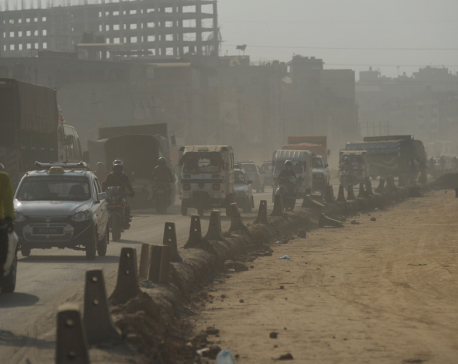
Air pollution sees a rise across Nepal
KATHMANDU May 12: Air pollution in Nepal is starting to worsen again with the increased fire incidents and lack of... Read More...
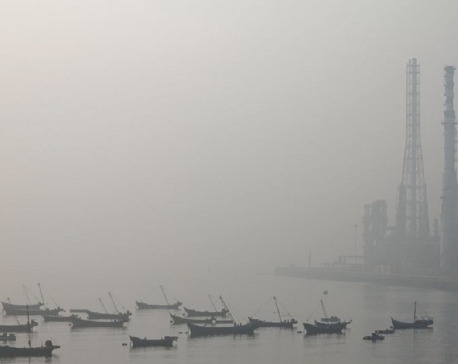
Smog causes an estimated 49,000 deaths in Beijing, Shanghai in 2020 - tracker
SHANGHAI, July 9: Air pollution has caused an estimated 49,000 deaths and $23 billion in economic losses in the cities... Read More...
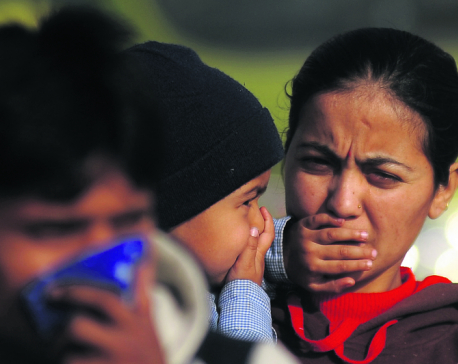
93 percent of all children under the age of 15 are breathing toxic, polluted air: WHO
UNITED NATIONS, Oct 31: When it comes to air pollution, humanity has been kicking the can down the road for... Read More...
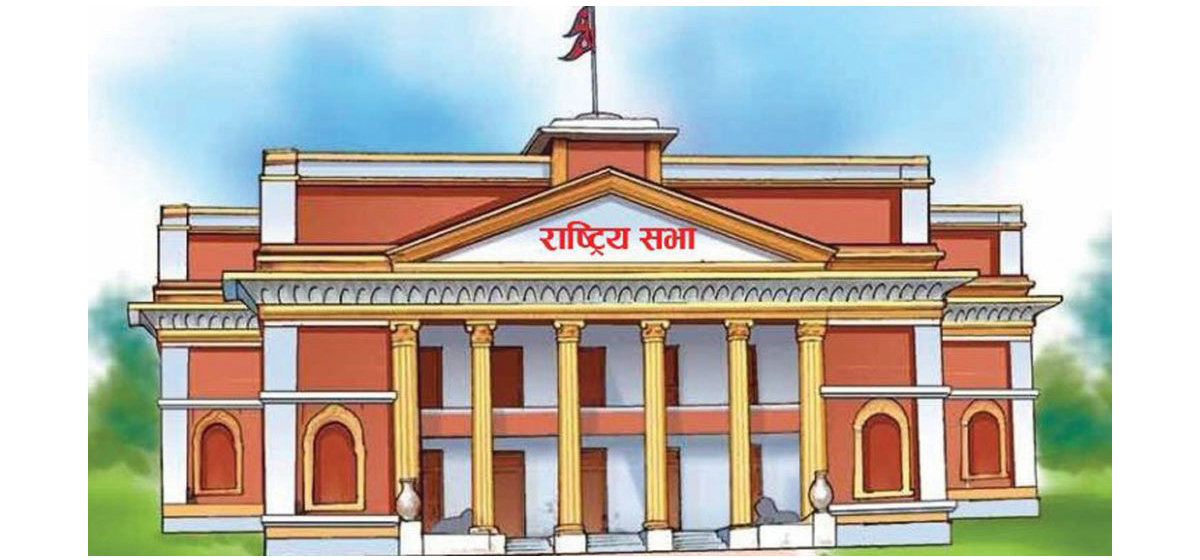
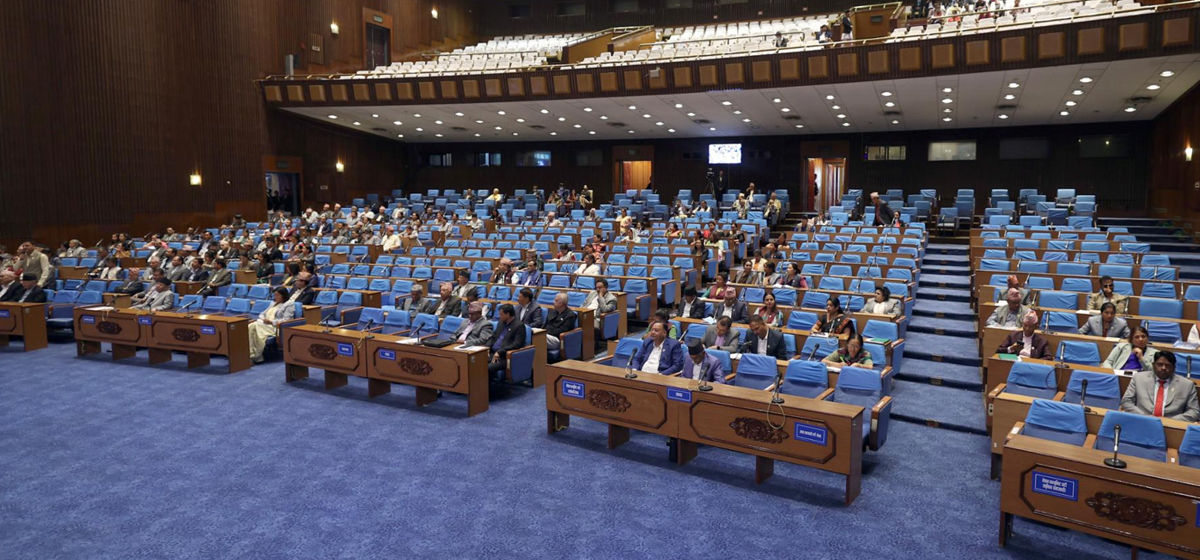


Just In
- KMC begins PSC exam preparation classes with 177 participants
- National Assembly session postponed till 3:15 PM today
- Bagmati govt to table its policies and programs on May 27: Speaker Pathak
- Police constable murder case: Identities of arrested revealed
- HoR meeting set for 2 PM today
- Seven arrested on charge of murdering police constable
- Two youth drown in river in Tanahun
- Gold, silver prices hit record high




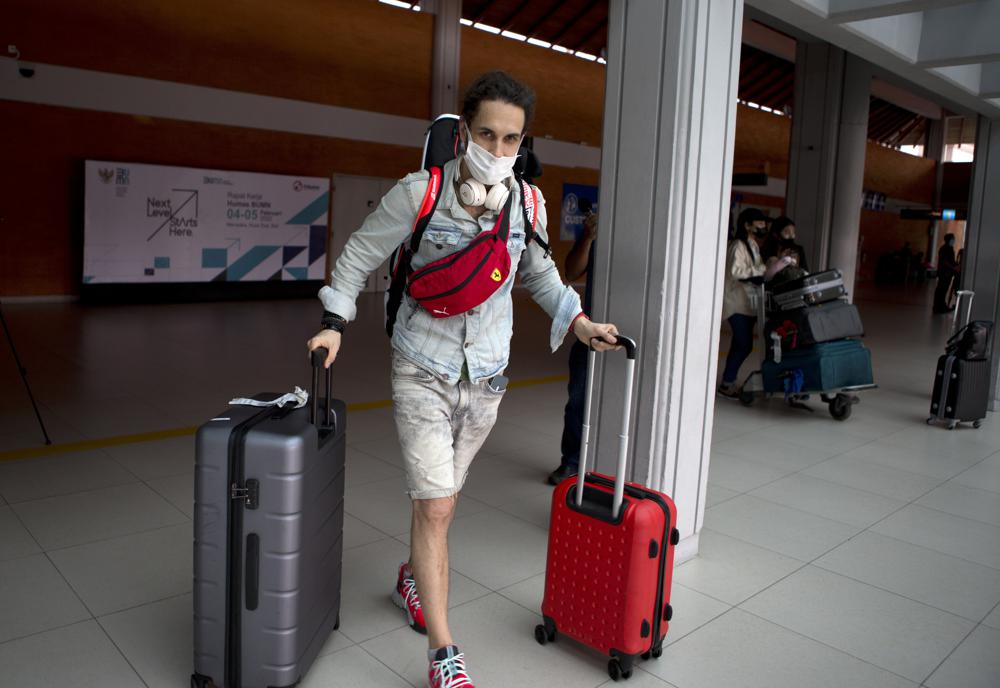

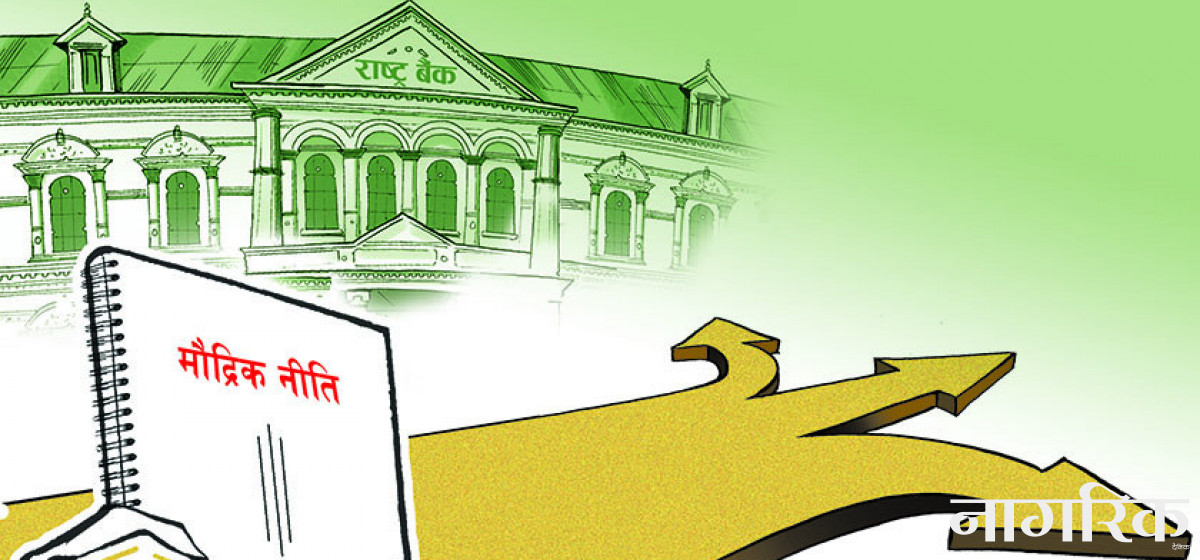
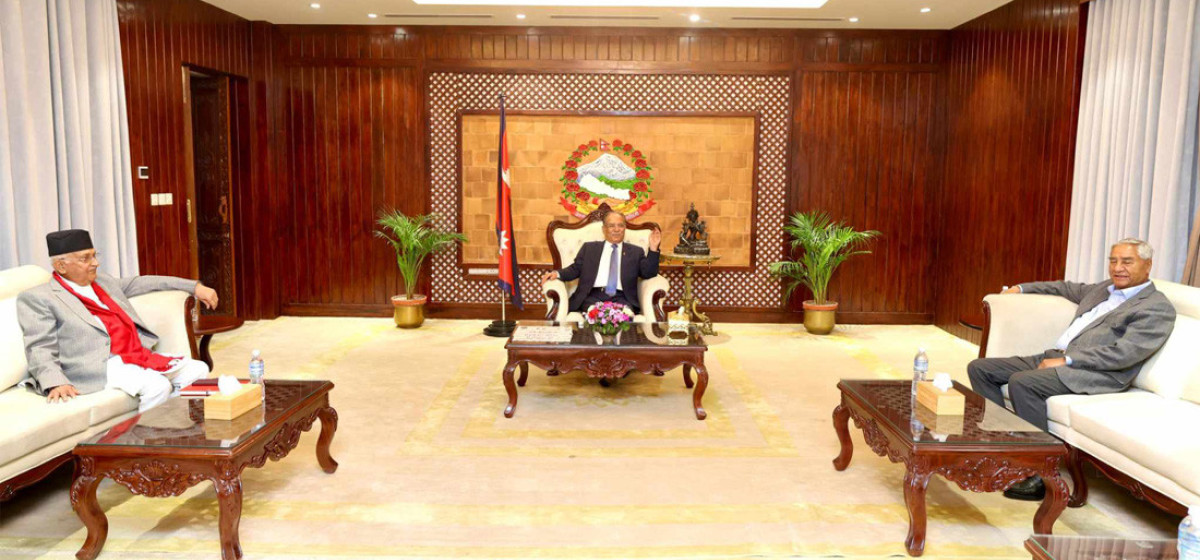

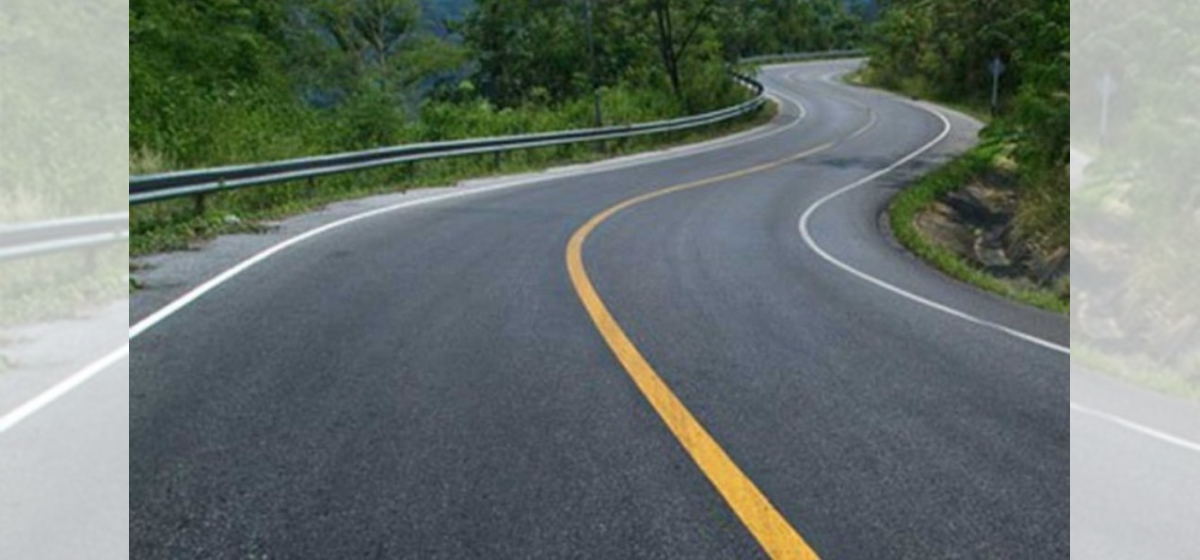
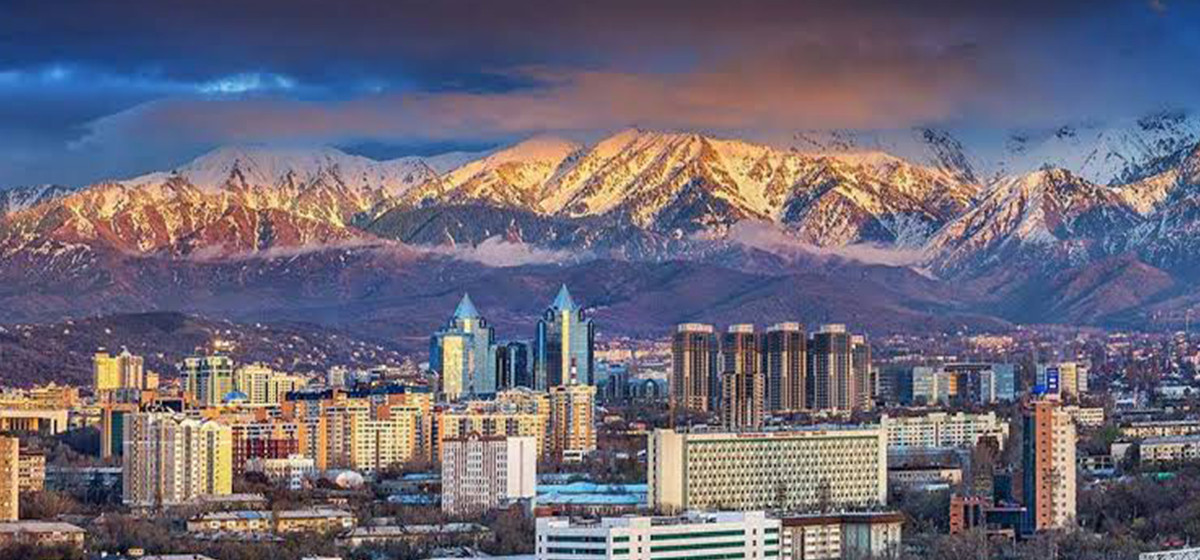

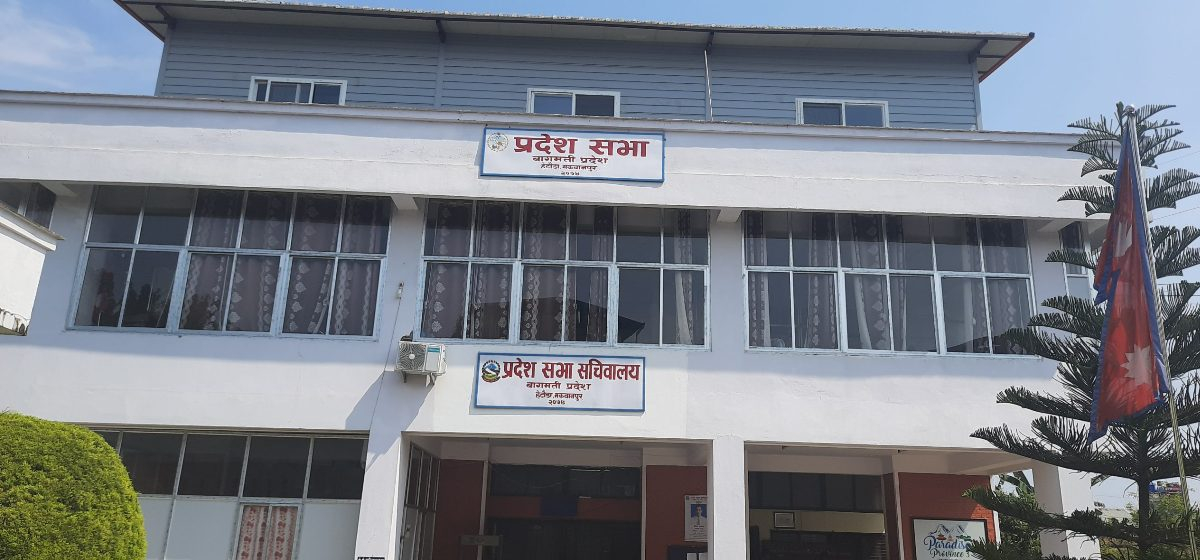
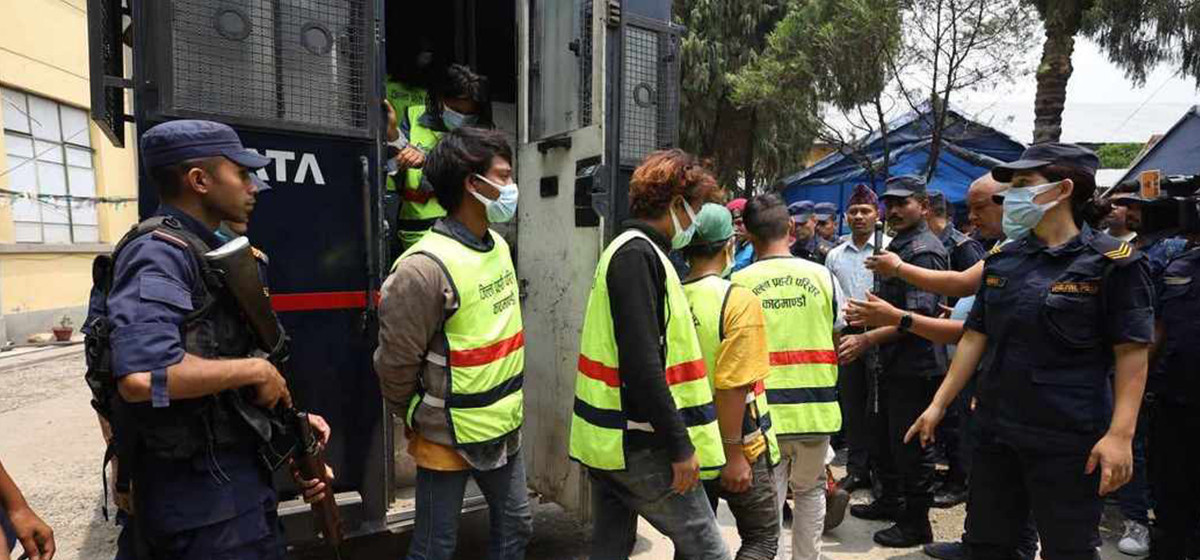

Leave A Comment